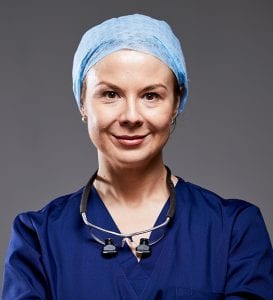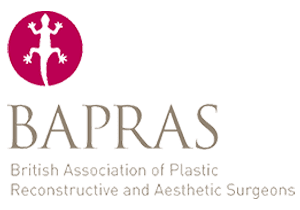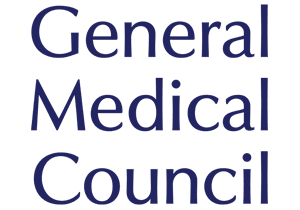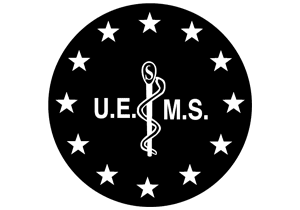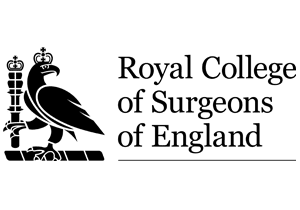Procedures
Skin Cancer Surgery
Plastic Surgeon Anca Breahna performs a range of Skin cancer surgery procedures at Cheshire Cosmetic Surgery in Chester UK.
Skin cancer can come in different forms and if its removal is possible, it may require its own treatment technique. This will be determined by the shape and size of the lesion, and where on the body it has appeared. Removing an abnormal lesion will help to determine if the skin cells are cancerous, as well as helping to stop the cancer from spreading.
A surgical excision is most commonly used to remove skin cancer, including: malignant melanoma, basal cell skin cancer and squamous cell skin cancer (pigmented skin lesions). This form of removal often requires an elliptical incision where a cut is made around the outside of the lesion in the shape of an ellipse. This technique ensures a certain amount of skin and tissue that surround the lesion (as well as the lesion itself) can be taken away for testing. Closing the wound may require external and internal sutures, and the scar is likely to be a neat, straight line.
When curettage is used the protruding lesion is effectively ‘shaved’ from the surface. A hot needle will then need to be inserted to destroy any remaining cancerous cells. Other methods, including cryotherapy and skin cancer creams and gels can also be used to attack cancer cells and destroy the lesion.
Addressing skin cancer often requires on-going treatment that involves regular check-ups and monitoring of the condition. Chester Cosmetic Surgery will carry out a thorough assessment if skin cancer is suspected, and will devise a suitable treatment plan accordingly.
Post-Surgical Care and Monitoring
Post-surgical care and monitoring are integral to the recovery process and prevention of recurrence following skin cancer surgery. Proper care after surgery is essential not only for healing but also for the early detection of any signs that the cancer might return. Here’s a look at the approach:
- Immediate Post-Operative Care: Immediately following surgery, our clinic focuses on managing pain and preventing infection at the surgical site. Patients receive personalised care plans that detail everything from wound care to the appropriate use of prescribed medications. The goal during this phase is to ensure comfort and promote healing, minimising any complications.
- Long-Term Monitoring: Long-term follow-up is important in skin cancer management. Regular monitoring involves clinical examinations and, when necessary, imaging tests to detect any changes that might suggest a recurrence of cancer. Our clinic schedules regular follow-up appointments at intervals determined by the type of skin cancer treated and individual risk factors. These consistent check-ups help catch potential issues early, significantly improving the chances of successful re-treatment.
- Educational Support: Understanding the signs of potential recurrence and knowing when to seek medical advice are vital components of post-surgical care. Our clinic provides educational resources that help patients recognise symptoms and understand the importance of regular self-examination. We empower our patients with knowledge so they can play an active role in their recovery and long-term health.
- Emotional and Psychological Support: Recovering from skin cancer surgery can be emotionally challenging. We offer support resources to address the psychological aspects of recovery and coping with cancer. Whether it’s through counselling, support groups, or other therapeutic approaches, we ensure our patients have access to the emotional support they need.
This all-inclusive approach to post-surgical care and monitoring not only aids in a smoother recovery but also enhances the overall quality of life for our patients, ensuring they receive the best possible outcomes.
FAQs about Skin Cancer Surgery
Am I suitable for Skin cancer surgery?Skin cancer surgery can be performed incases where cancerous or precancerous cells are detected. A surgical procedure may be required if cancer is suspected, and sending the abnormal lesion way for testing will establish if skin cancer has actually formed. |
Does skin cancer surgery hurt?Skin cancer surgery that means making an incision in the skin will undoubtedly cause some pain and discomfort. A local anaesthetic will help to ensure you don’t feel a thing while the procedure is being carried out, and pain relief in the days that follow will help you to feel more comfortable. |
What are the side effects or risks of skin cancer surgery?Aside from initial swelling and bruising at the site of treatment, there is a small chance of developing an infection. A small scar may be left behind and regular check-ups will be needed to find out if the cancer has spread. It’s important to understand that having skin cancer surgery to remove one lesion will not guarantee it will not develop in another place in the future. |
When will I have the results after skin cancer surgery?The removal of the lesion provides instant results following surgery. However, you may need to wait a few days for the results of histopathological testing, which may determine the need for an on-going treatment plan. |
What are the signs of infection at the surgical site I should watch for after my skin cancer surgery?After skin cancer surgery, it’s important to monitor the surgical site for any signs of infection, which can compromise recovery and potentially lead to more severe health issues. Common signs include increased redness around the area, swelling that worsens over time, persistent warmth at the site, pus or other discharge, and worsening pain. Additionally, you should watch for fever or chills, which can be systemic signs of infection. If you experience any of these symptoms, contact your medical team immediately for evaluation and potential treatment. |
How long after surgery until I can resume normal activities, including exercise and work?The timeline for resuming normal activities after skin cancer surgery varies depending on the extent of the surgery and your overall health. Typically, patients can return to work and light activities within a few days to a week if their job does not involve heavy lifting or strenuous labour. However, it’s important to avoid exercise and other vigorous activities that could strain the surgery site until Anca gives you the clear. Generally, this might be anywhere from two to four weeks. Always follow the specific recommendations provided by Anca to ensure a safe and effective recovery. |
Are there specific lifestyle changes I should consider to help prevent the recurrence of skin cancer?To help prevent the recurrence of skin cancer, adopting a proactive approach to sun protection is critical. This includes using broad-spectrum sunscreen with an SPF of 30 or higher, wearing protective clothing such as long sleeves, hats, and sunglasses, and avoiding sun exposure during peak hours (10 a.m. to 4 p.m.). Additionally, adopting a healthy diet rich in antioxidants, maintaining a healthy weight, and avoiding smoking can also help reduce your risk. Regular skin checks, both by yourself and your doctor, are essential to catch any new or recurring skin issues early. |
What are the possible side effects of skin cancer surgery that I might experience in the long term?Long-term side effects of skin cancer surgery can vary based on the type of surgery performed and its location. Common side effects include scarring, changes in skin sensation, and in some cases, changes in skin texture or colour at the surgery site. In surgeries where large areas of skin are removed, or lymph nodes are involved, there could be more significant impacts, such as lymphoedema (swelling caused by lymph fluid). It’s important to discuss potential long-term side effects with Anca to fully understand the possible outcomes of your specific procedure. |
How often should I perform self-examinations for skin cancer signs after having surgery, and what should I look for?Performing regular self-examinations is crucial in detecting skin cancer recurrences or new cancers early. It is generally recommended to perform a self-examination once a month. During these checks, look for new growths, changes in existing moles, sores that do not heal, or any changes in the appearance of your skin. Use a mirror to check hard-to-see areas and familiarise yourself with the ABCDEs of melanoma (Asymmetry, Border irregularity, Colour variation, Diameter over 6mm, and Evolving size, shape or colour). Document any changes and discuss them with your doctor during your regular visits. |
|
If you have any questions or would like to book a consultation please click here.
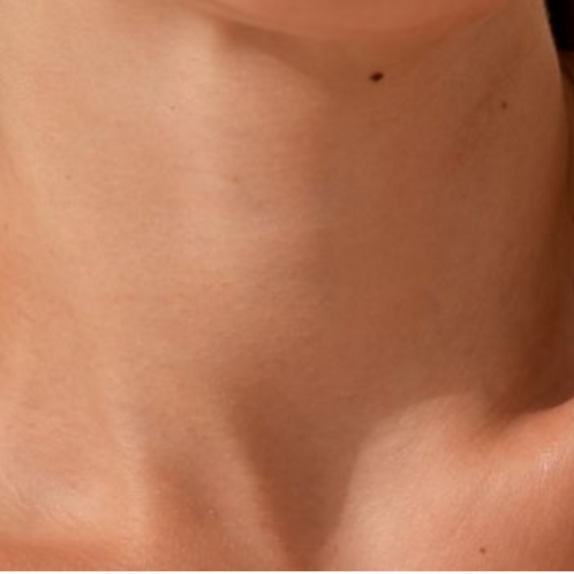
Procedure
BCC Skin Cancer Surgery
BCC Skin Cancer Surgery refers to the surgical removal of Basal Cell Carcinomas. The purpose is to remove the entire tumour.
View Procedure
Procedure
SCC Skin Cancer Surgery
SCC skin cancer surgery is a medical procedure designed to remove squamous cell carcinomas, a type of skin cancer.
View Procedure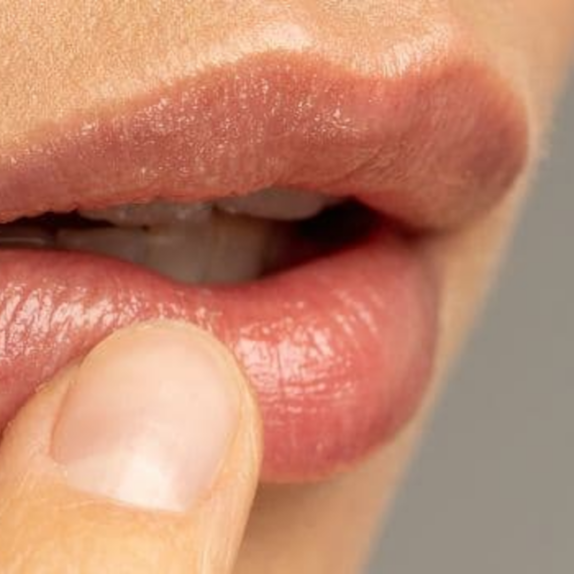
Procedure
Lip Lesion Removal
Lip lesion removal is a medical procedure conducted by a plastic surgeon, to get rid of lesions on the lips. The type of procedure used largely depends on the type, size, location, and nature of the lesion.
View Procedure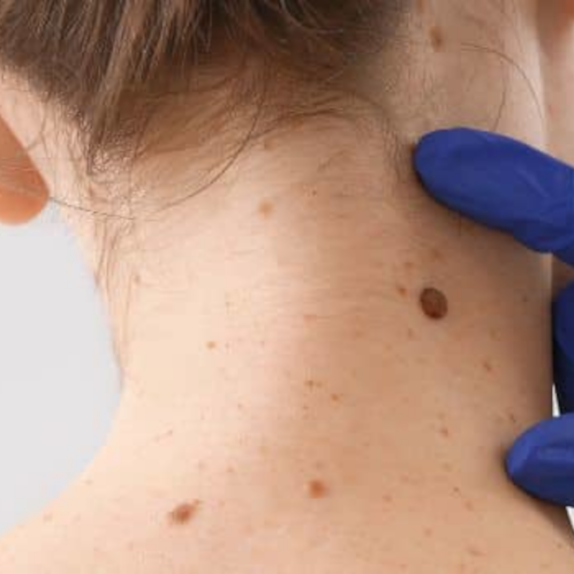
Procedure
Melanoma Surgery
Melanoma surgery is a surgical procedure conducted to treat melanoma. The primary goal of this surgery is to cohompletely remove the cancerous lesion from the skin.
View Procedure
Procedure
Skin Graft Surgery
Skin graft surgery involves moving skin from one area of your body to another. It's a procedure commonly used to cover areas where skin has been damaged or lost.
View Procedure
Procedure
Excision Biopsy
Excision biopsy is a surgical procedure aimed at removing an area of abnormal skin, typically for the purpose of diagnosing or treating skin cancer.
View Procedure